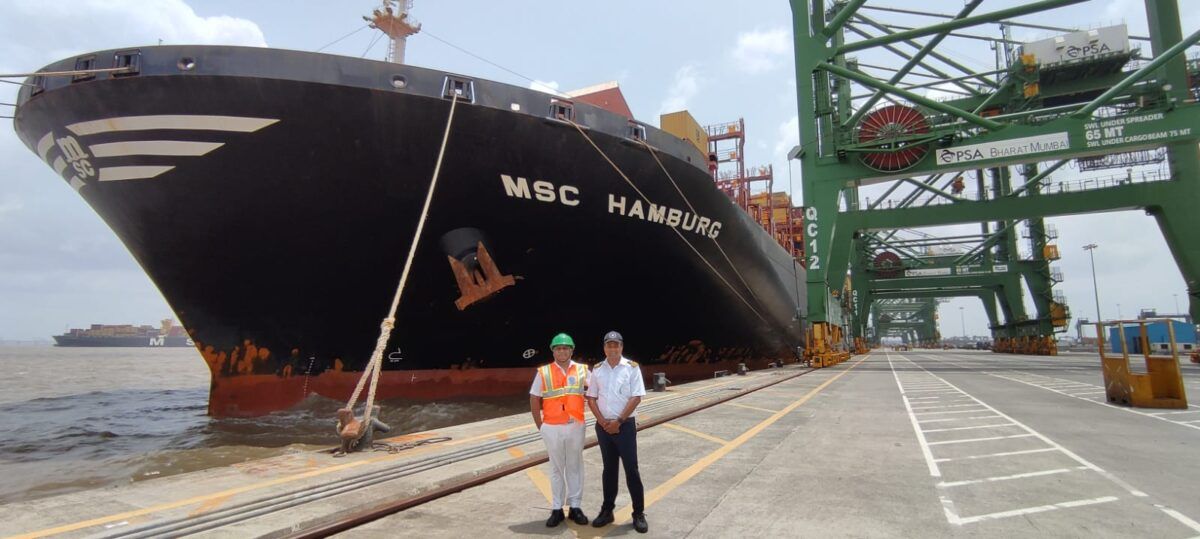It has been reported by ET Infra that the talks may also explore the possibility of MSC picking a minority stake in the facility named Bharat Mumbai Container Terminals Pvt Ltd (BMCT), a wholly owned facility of PSA International operating at J N Port.
The concession agreement followed by state-owned ports such as J N Port Authority for 30-year cargo handling contracts permits a terminal developer/operator to dilute equity, partly or fully, after the lock-in period – typically till two years after the commercial operation date (COD) – ends.
Hence, PSA International has the freedom to dilute stake in Bharat Mumbai Container Terminals because the contractually mandated lock-in period for divesting the promoter’s equity, either partly or fully, has ended.
Bharat Mumbai Container Terminals is currently expanding capacity by adding 1 km of quay (berth) with a capacity to handle 2.4 million twenty-foot equivalent unts (TEUs) a year, investing some Rs3,196 crore. The second phase is slated to start operations in early 2025.
PSA International spent about Rs4,719 crore to build the first phase of the Bharat Mumbai Container Terminals with similar berth length and capacity. The first phase started operations in February 2018 on a 30-year concession awarded by Jawaharlal Nehru Port Authority through a global tender. The terminal can berth super post-Panamax vessels.
The Singapore port operator won the rights to develop and operate the terminal at J N Port by offering the highest revenue share of 35.79 percent to the port authority in an auction. It is the largest single foreign direct investment (FDI) in an Indian port project.
A potential partnership with MSC will help Bharat Mumbai Container Terminals garner the 50,000-60,000 TEUs a month that the carrier ships through J N Port on 9 weekly services, a shipping industry source said. A major chunk of these volumes is currently shipped by MSC through the two terminals run by Dubai’s DP World Ltd.
“These volumes will be diverted to its dedicated facility in Bharat Mumbai Container Terminals if a partnership materialises with PSA,” the shipping industry source said. By the time the second phase of BMCT starts operations, J N Port will likely be connected to the western dedicated freight corridor (DFC) network, adding to the competitiveness of the port among India’s EXIM trade as scheduled, time tabled container trains can ply between the port and Dadri, a hub in Northern India, in just 24 hours, the industry sources added.







